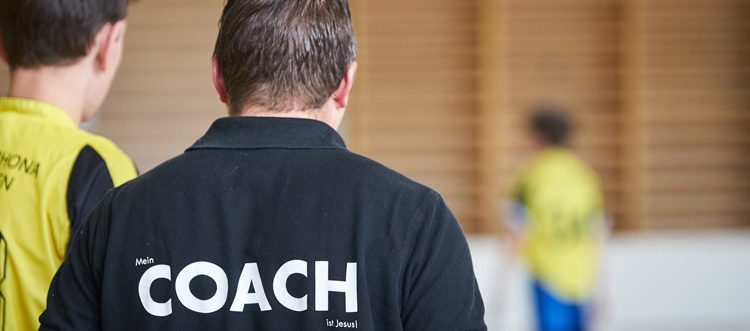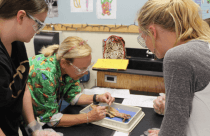How to Manage Working Relationship with Your Advisor

The relationship with your advisor is one of the most crucial aspects of the doctoral training. The typical graduate student spends a lot of time worrying about what their advisor thinks. One negative comment from an advisor can affect a student’s morale. It is therefore important to understand the role of your advisor and manage working relationship.
It has been proposed that the importance of the advisee-advisor relationship is based on two elements. The department is the “primary socialization agent” at the doctoral level and the advisor acts as the interface between the student and the department. Not only do advisors contribute to the socialization of the students, but they also improve the quality of their doctoral education and provide opportunities post-graduation.
Maintaining Your Relationship with Your Supervisor
While your success as a PhD student depends on many factors, having a negative relationship with your advisor can make your journey difficult. In order to increase your chances of success in graduate school, maintaining a healthy relationship with your PhD supervisor is crucial. So how do you go about ensuring that you have maximum chances of success?
- Set ground rules for the advisee-advisor relationship. This relationship is both professional and personal. It can also involve negotiating with difficult individuals (who have your best interests at heart). Therefore, it is helpful to establish regular meetings, agendas, and responsibilities early on.
- Ask the right questions. If you are stuck at any point in your graduate education, you should bring this up with your supervisor. During the PhD journey, learning gaps can occur and at this point you should talk to your supervisor and share ideas.
- Do not suffer in silence. It can seem daunting, but if your relationship with your supervisor is dysfunctional, and you have tried everything you can to make it work, then it is time to consider switching supervisors. Take note, however, that switching supervisors often will not be immediately welcomed by the school.
Improving the Relationship
There many types of advisee-advisor relationships and it may be helpful to know which one you are in. Navigating your relationship with your advisor means that you should constantly improve this relationship. While it may seem like you only need common sense in this aspect, this is not often the case.
- Bad relationships with your advisor can be fixed using simple rules, and this starts with planning. Some things that you should bring up include who will set your meetings and how often these meeting should occur. With this in mind, you should understand different typologies of this relationship.
- Communicate constantly. The importance of open communication with your PhD advisor cannot be overstated. In order to communicate effectively, you need to state the facts; clarify your thoughts about the situation; and explain your goals and discuss your idea to resolve the situation.
- Respect your supervisor’s input and if it contradicts with your own views, then politely explain why. This also goes the same for your PhD advisor. There must be open communication all through out.
Tips for Handling Difficult Situations
Facing a difficult situation with your advisor may seem tough. However, when you both agree on the same goals and timelines, difficult situations can be resolved easily. Here are some tips to get you started:
- Allow your PhD advisor to give you suggestions in setting the direction for your research. After all, you chose your advisor because of his or her expertise. Don’t deny the suggestions in a disrespectful or unprofessional way.
- Adopt the art of “principled negotiation,” which is composed of four steps: 1) separating the problem from the person; 2) focusing on interests, rather than on positions; 3) creating options that allow for mutual gains; and 4) using objective criteria.
- Consider getting outside help, for instance, school authorities in order to resolve the conflict. Many PhD students are reluctant to approach department chairs because they believe that this is tantamount to admitting dysfunction. However, you should remember that deans and department heads have a role in resolving these types of conflicts.
- When all else fails, dealing with a bad situation should include documentation, discussion of the issue with another person, and deciding whether or not you are considering to change your advisor.
Have you experienced such a situation? How have you resolved conflicts with your advisor. Share your experience in the comments section!










thanks for sharing information.